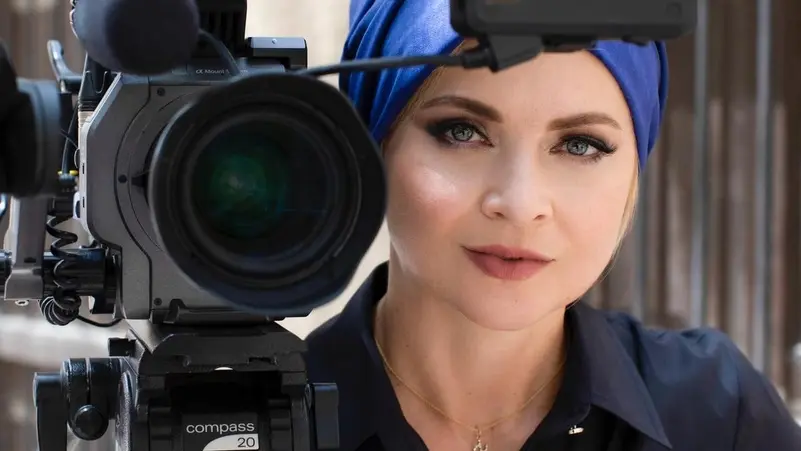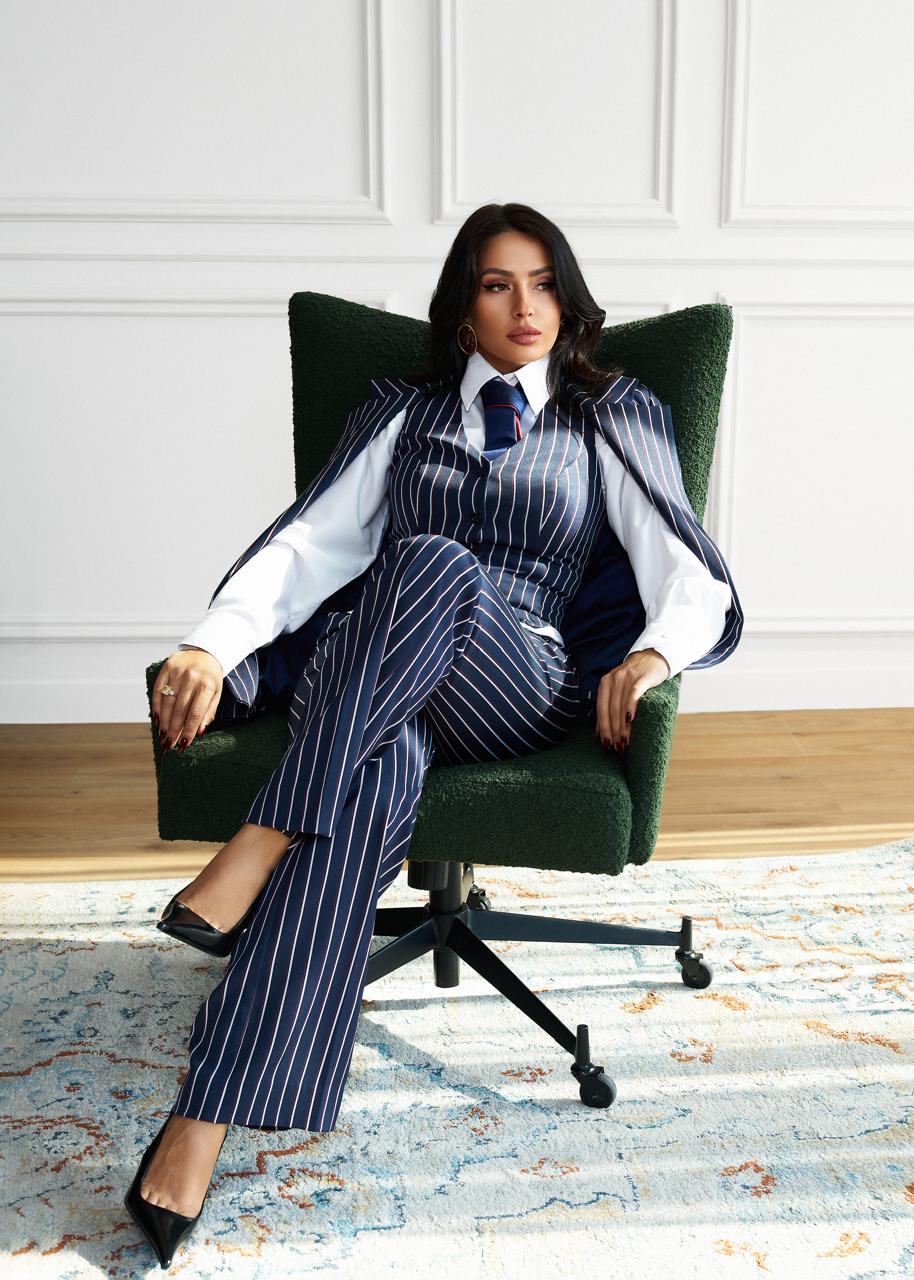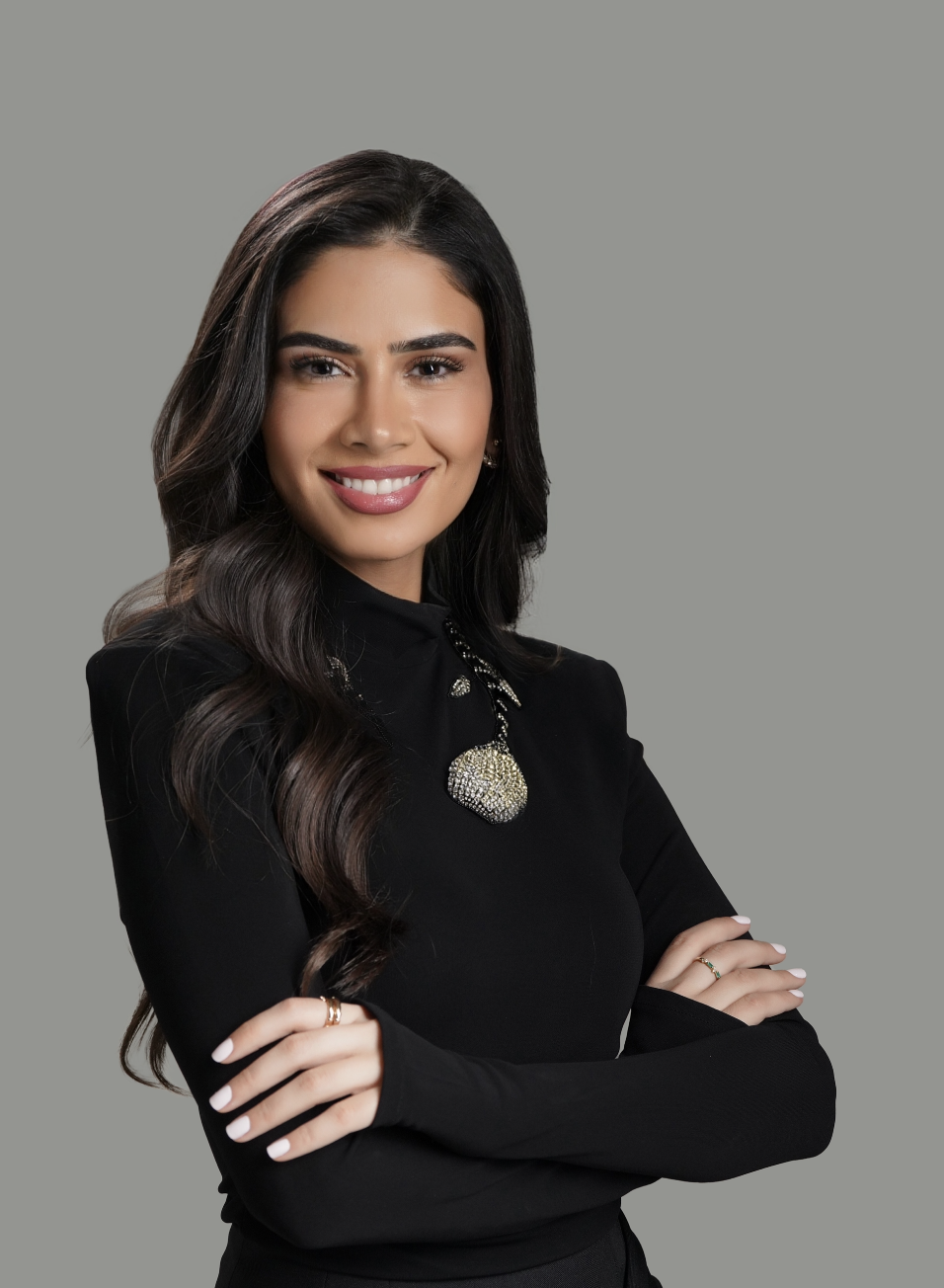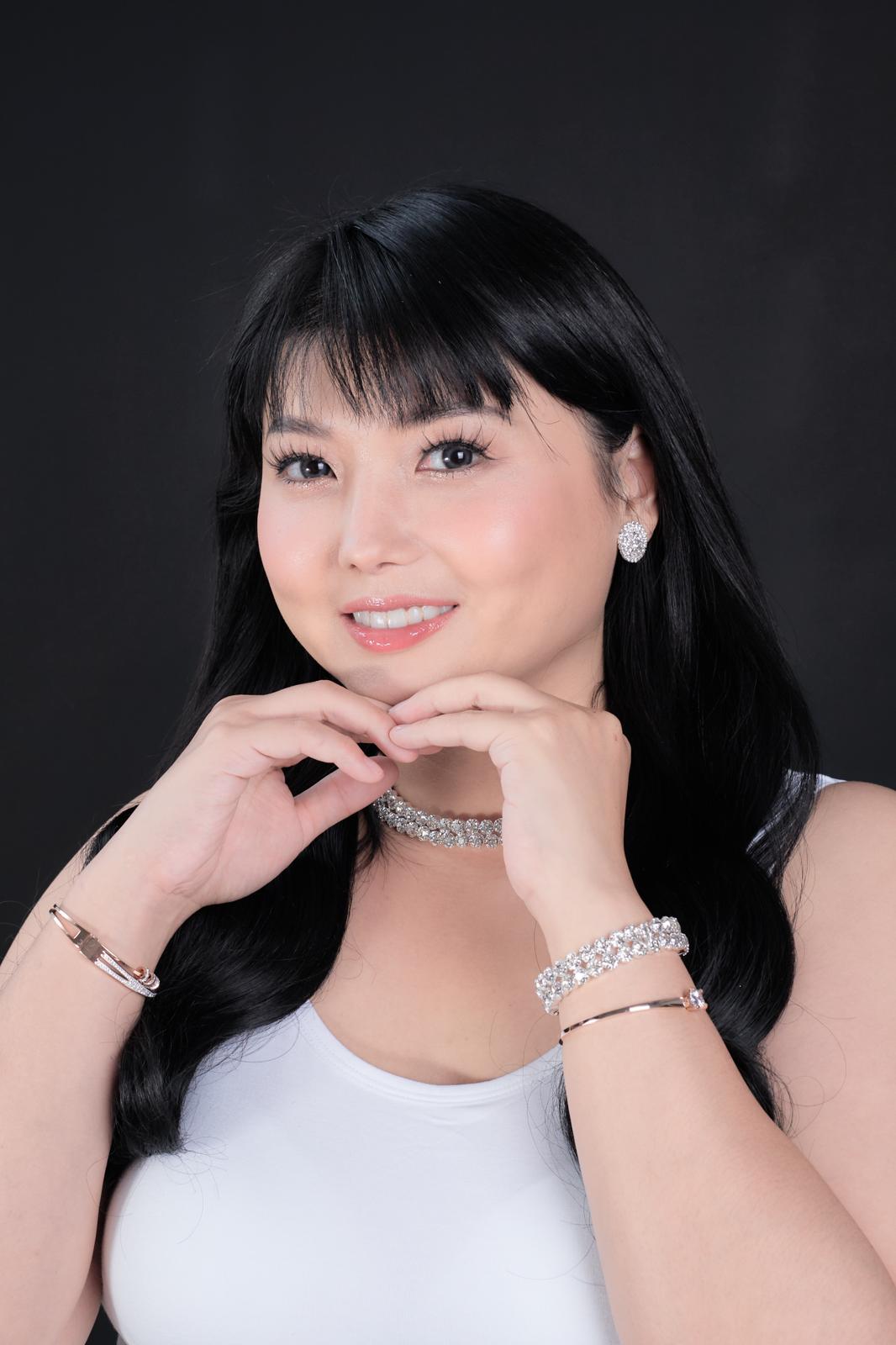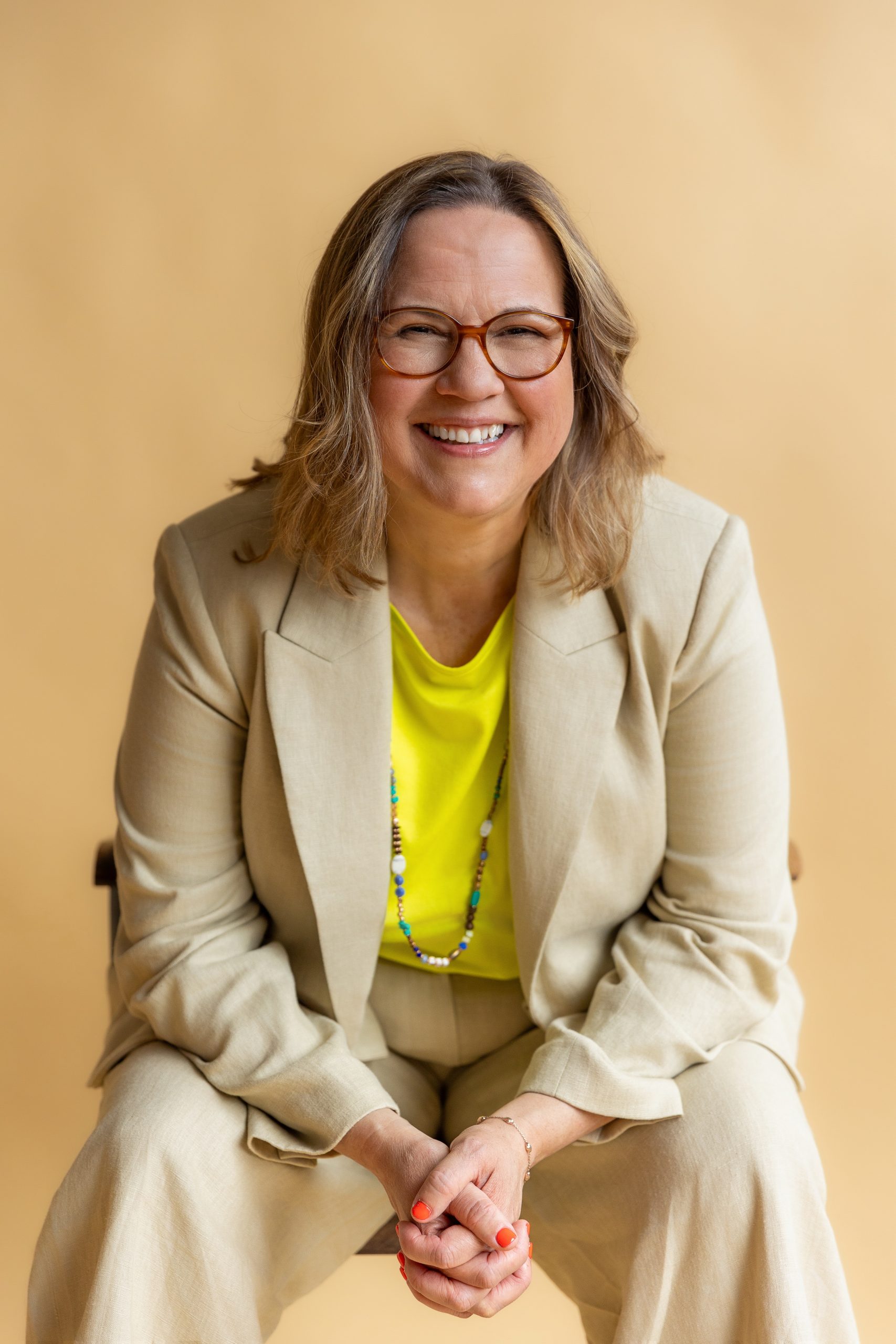A filmmaker is setting out to out to dispel female stereotypes in the Middle East in a new documentary charting the successes of women in the region following the signing of the historic Abraham Accords.
Filmmaker Eva Lanska, an award-winning producer for her work in the feature and short film drama genre, has directed and produced her first documentary titled, The Abraham Accords Change History: Women in the Middle East’, which aims to capture the importance of women’s contributions to creating harmony between the two countries.
“The media in the West report that women in the Middle East do not have rights or opportunities. I wanted to find out if this information is accurate,” said Lanska. “My film could be of great support to these women as it seeks to dispel stereotypes and myths, replacing them with facts and reality.”
Signed in September 2020, the Abraham Accords that led to formal ties between the United Arab Emirates, Bahrain and Israel declares the importance and supremacy of human dignity, freedom and religious freedom.
The Abraham Accords – the first peace Accord between an Arab country and Israel in more than 25 years – call for tolerance and respect for every person, making the world a place where all people can enjoy a life of dignity and hope, regardless of race, faith, ethnicity, or gender.
Lanska’s film aims to dispel myths about women’s involvement in business and culture in the Middle East which she believes is unfairly depicted in the eyes of Western countries.
The film aims to draw attention to the achievements made by women, who count for half of the indigenous population in the United Arab Emirates, and their interaction with women’s professional associations in Israel, she said.
The Emirati, Israeli and US flags sway in the wind at the Abu Dhabi airport at the arrival of the first-ever commercial flight from Israel to the UAE, on August 31, 2020. (AFP)
“In Europe, the support of women in the professional environment does not work. Female equality in the workplace is just a beautiful concept. As before, all the best positions in many professional areas are given to men,” explains Lanska. “Today, there are quotas for women in the Emirates, which judging by the news reports, really works, so I decided to conduct my own research on this topic.”
The film includes conversations with representatives of cultural, religious and business organizations in the Middle East.
Narrators of the documentary include Senior Rabbi Dr Elie Abadie, spiritual leader of the Association of Gulf Jewish Communities (AGJC), Dr Suaad Alshamsi, senior manager and technical adviser for one of the biggest aviation projects in UAE; Eitan Na’eh, Israel’s first head of mission Ambassador to UAE; Michigan Supreme Court Justice Richard Bernstein, Dr Jennifer Camulli; ; Emirati artist Mohammed Kazem; Ahmed Obaid Al Mansoori, founder of the UAE’s Strategists Center, Al Mansoori Consultancy and Crossroads of Civilizations Museums, Emirati businesswoman Sara Al Nuaimi, humanitarian Rania Abu Shabaan, and Israeli diplomat Ruth Wasserman Lande.
Fleur Hassan-Nahoum, an Israeli politician and policy maker who features in the documentary, said: “Women are natural bridge builders and peace makers. The Abraham Accords are the most significant peace building initiative that has happened for decades in our region and it’s through the leadership of women as mothers and professionals and our ability to create the deep bonds of sisterhood, that will ensure that this peace is a warm and sustainable one.”
The film’s narrators express their thoughts about the horizons that The Abraham Accords have opened to the participating countries and the effects they have had on the women of the Middle East.
The film was shot in Israel and the United Arab Emirates this spring will be submitted to festivals worldwide late this year.
“My very first film, Okay Mum, was honored with the Best Director Award at the Women Film Fair Middle East Festival. This recognition provided me with great moral support,” says Lanska.
“I am grateful to the jury for recognizing my work, and I feel that it’s my duty as a female director to explore this topic in support of all women.”
Eva Lanska is a London-based, Israeli-Russian director and screenwriter. After graduating from the London Film Academy, Eva has focused on producing both documentary and fiction films. She has directed several award-winning films recognized throughout Europe and America.
Her previous film, ‘Little French Fish,’ starring British actors Jonas Khan and Devora Wilde, draws attention to the global stigma against interracial marriages through the relationship of an Orthodox Jewish woman and a Muslim man.
In 2020, ‘Little French Fish’ was selected by one of the world’s oldest and largest Jewish festivals, the Washington Jewish Film Festival, and most recently, Lanska was awarded the Best Director Award for the film at the Dubai Independent Film Festival.








